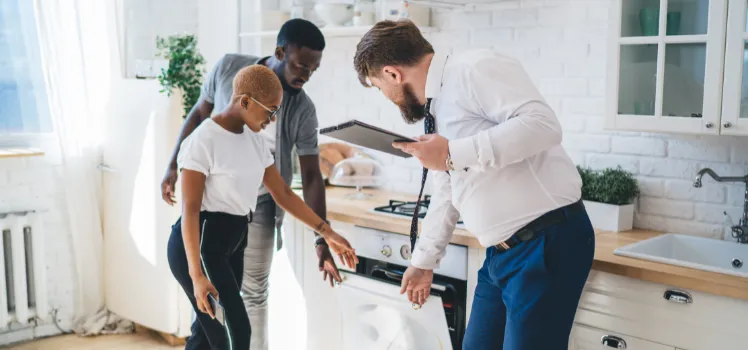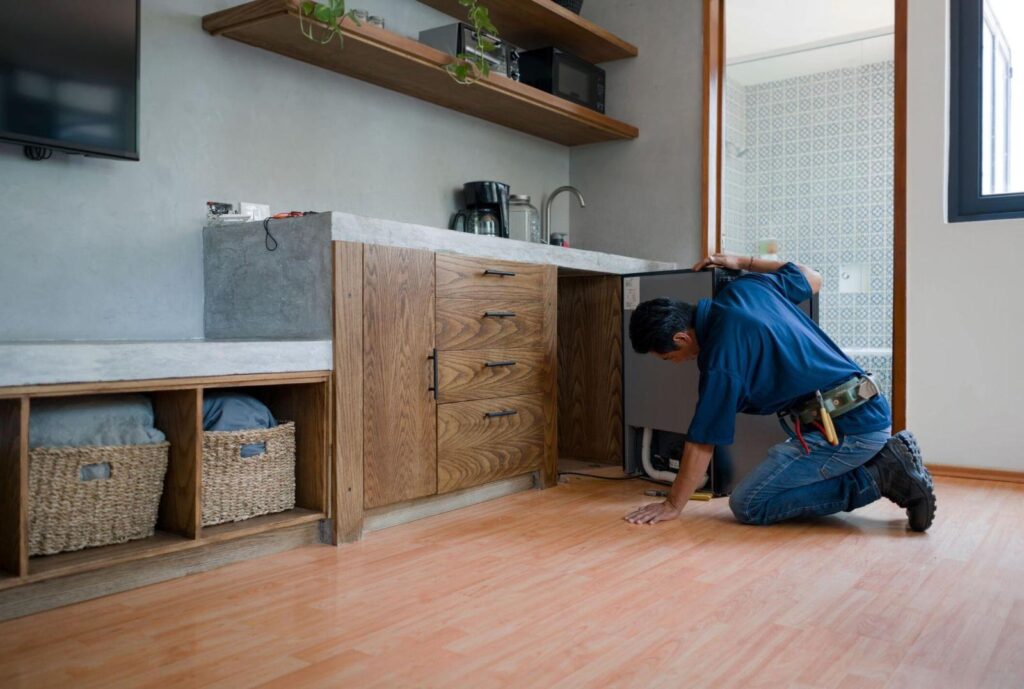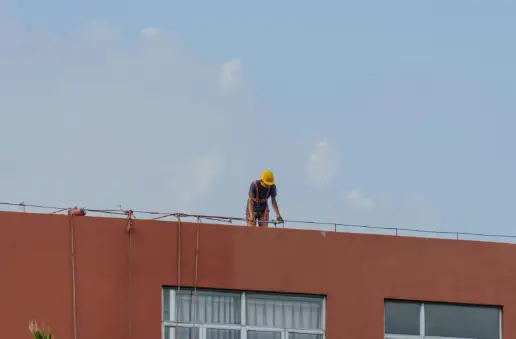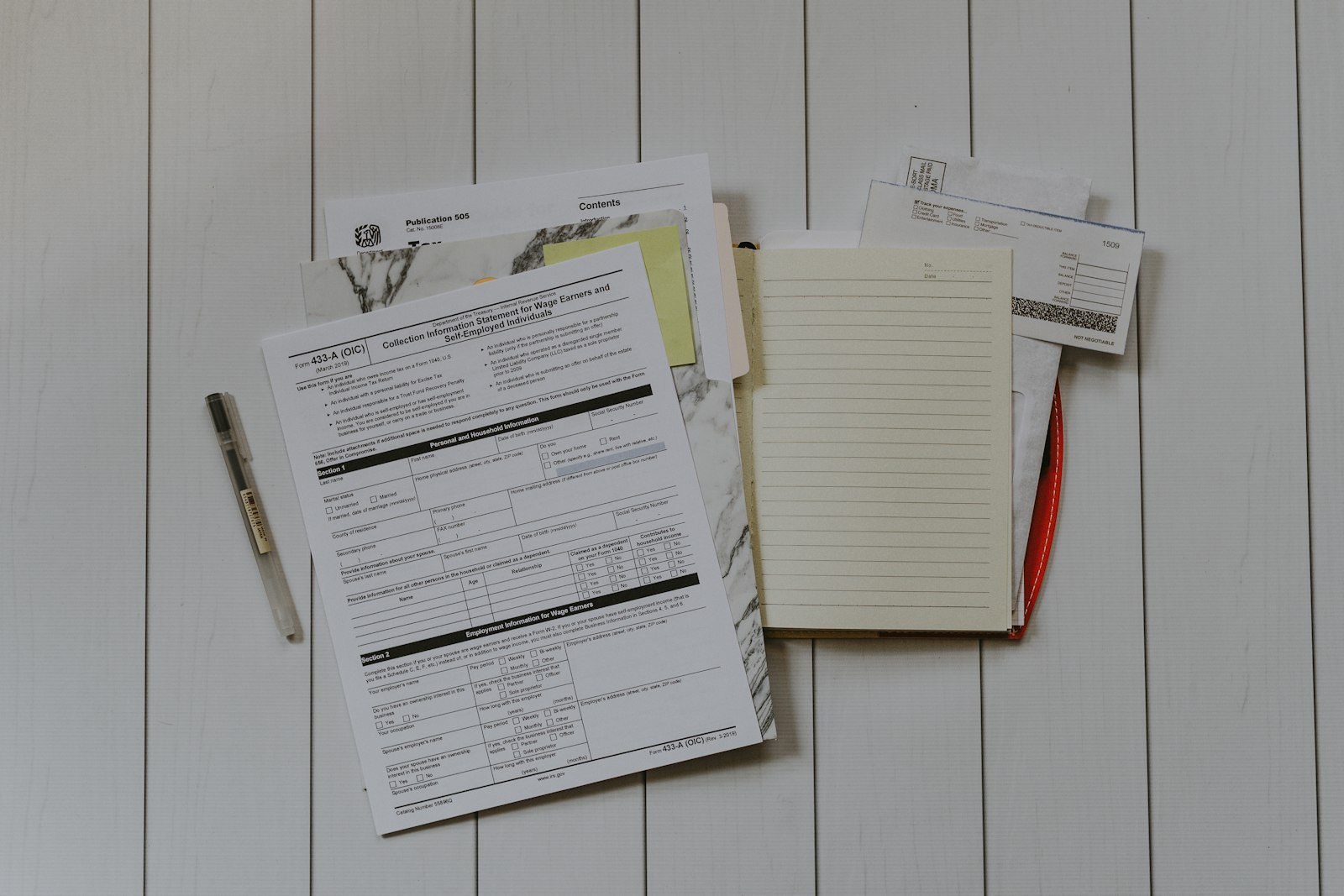Here are tips to prevent tenants from damaging your rental property.
Although it has its share of difficulties, investing in rental property ownership may be a lucrative endeavor. Preventing damage from renters’ actions is one of the biggest worries for landlords and property managers.
Tenant damages can result in monetary losses and needless hassles, whether they are the result of spills, careless actions, or blatant vandalism.
This article looks at the strategies landlords can use to stop damage caused by tenants and keep tenants happy. A complete guide with tips to prevent tenant damages to your rental property.
Tips to Prevent Tenant Damages to Your Rental Property
- Screen Tenants Thoroughly
- Creating Detailed Lease Agreements
- Requiring a Reasonably High Security Deposit
- Having a Long-Term Plan for Upkeep and Repairs
- Strategic Property Upgrades
- Filling Vacancies Promptly
- Maintain a Great Landlord-Tenant Relationship
1. Screen Tenants Thoroughly
The long-term viability of your rental property, as well as your own peace of mind as a landlord depend on finding the right renters. Tenants are not all the same when it comes to renting out your property.
Some people might handle your belongings with kindness and consideration, while others might destroy it or disregard their obligations. Trustworthy and accountable tenants are likely to keep your home in good shape. To prevent tenant damage, thoroughly screen potential tenants to find trustworthy and accountable ones.
Safeguard your investment and ensure a happy rental experience for both you and your tenants. Take precautions such as running background checks, confirming earnings and employment, and contacting previous landlords for feedback.
Establishing precise standards for tenant screening and strictly following these procedures can reduce future tenant property damage and promote a win-win partnership with your renters.
2. Creating Detailed Lease Agreements
It’s crucial to have a very clear rental agreement when renting out your home. All of the guidelines and requirements for you and your tenant are outlined in this paper. Consider it a road map for your joint rental experience!
Include provisions in this agreement that specify who is accountable for what. For example, who is responsible for fixing things when they break? And what kinds of activities—like owning dogs or hosting extravagant parties—are prohibited in your home?

A thorough leasing agreement helps to keep things clear and keeps disputes at bay later on. It provides a point of reference for you both in case something goes wrong. Thus, give careful thought to creating a strong leasing agreement that keeps all parties informed and covers all the necessary ground. I promise it will save you a ton of problems in the future!
3. Requiring a Reasonably High Security Deposit
Mitigate tenant property damage with a hefty security deposit. Tenants give you this money in advance of moving in. As the landlord, it functions as a safety net. You can spend this money to fix any damage to your property that goes beyond typical wear and tear.
It’s a safeguard for your financial commitment. Make sure the deposit amount is reasonable when you set it. It needs to be sufficient to cover any damages, but not so excessive as to put renters at financial hardship.
A fair security deposit instills a moment of consideration, deterring them from causing any property damage. It also offers you comfort to know that you have some money set aside for unforeseen maintenance. It is therefore wise to constantly think about requiring a fair security deposit when leasing out your home.
4. Having a Long-Term Plan for Upkeep and Repairs
When it comes to maintaining and repairing your rental property, planning ahead is essential.Plan ahead for routine maintenance and repairs rather than just mending items as they break.This entails planning routine maintenance chores like leak detection, resolving minor issues before they worsen, and maintaining everything. Having a long-term strategy can help you keep your property in excellent condition for your tenants and prevent expensive surprises.

How to Build and Maintain a Great Landlord-Tenant Relationship in Your Apartment | Miami Landlords
Additionally, it demonstrates to your tenants your concern for their safety and comfort, which can foster a good working relationship. Make a strategy to keep your property in top condition by taking the time to consider what it will require both now and in the future.
5. Strategic Property Upgrades
It’s similar to improving your rental property, plan for improvements. Planning upgrades involves considering how to make things better. For instance, you may choose to install safer lighting or get new equipment. Improvements can also contribute to energy conservation, which benefits the environment and lowers your monthly expenses.
It’s critical to consider which improvements will benefit your tenants and your property the most. Perhaps they require greater lighting or a new heating system. You may prevent damages and create a more comfortable living space for tenants by carefully arranging upgrades. Thus, give it some thought as to what improvements would be most beneficial for your rental home, and then devise a plan to implement them.
6. Filling Vacancies Promptly
To reduce the impact of property damage and maximize rental income, locate new renters quickly while your rental property is vacant. This protects your property and helps you avoid losing money. This is how you do it:
- React Fast: Give a prompt response to anyone expressing interest in leasing your space. Being on time conveys your seriousness and ability to draw in quality tenants.
- Promote Well: Make use of powerful promotional tools such as social media, online directories, and word-of-mouth marketing. Make sure the best aspects of your property are highlighted in your marketing.
- Simplify the Process: Provide prospective tenants with a straightforward way to apply. Have ready-to-use forms and clear instructions.
- Maintain Organization: Record all questions and follow-ups. This guarantees that nothing falls between the cracks and helps you keep on top of things.
- Provide Incentives: To get customers to sign a lease right away, think about providing incentives like a reduction on the first month’s rent.
You may swiftly fill openings and maintain a steady stream of rental income by paying attention to these pointers.
7. Maintain a Great Landlord-Tenant Relationship
Developing a good rapport with tenants will potentially reduce tenant property damage. They are more inclined to take better care of your possessions if you treat them well. When you speak with them, be kind and courteous. Pay attention to their worries and make a prompt effort to resolve any issues. Tell them you are there to assist them in whatever way they may need it.
Additionally, be explicit about the way you want them to handle the property. Your tenants are a lot more inclined to report any problems or damages right away if you get along well with them. By doing this, you can address issues before they worsen. Furthermore, contented tenants are inclined to remain longer, which lowers the possibility of frequent turnovers. Thus, it’s important to foster a good connection with your tenants because it benefits all parties.
Conclusion: Tips to Prevent Tenant Damages to Your Rental Property
In conclusion, it’s critical for landlords to stop tenants from causing damage. You may safeguard the rental home and enjoy a better landlord experience by paying attention to rental property maintenance, carefully screening potential renters, and drafting clear lease terms. Thus, if you want to save future hassles and money, take these procedures seriously.




